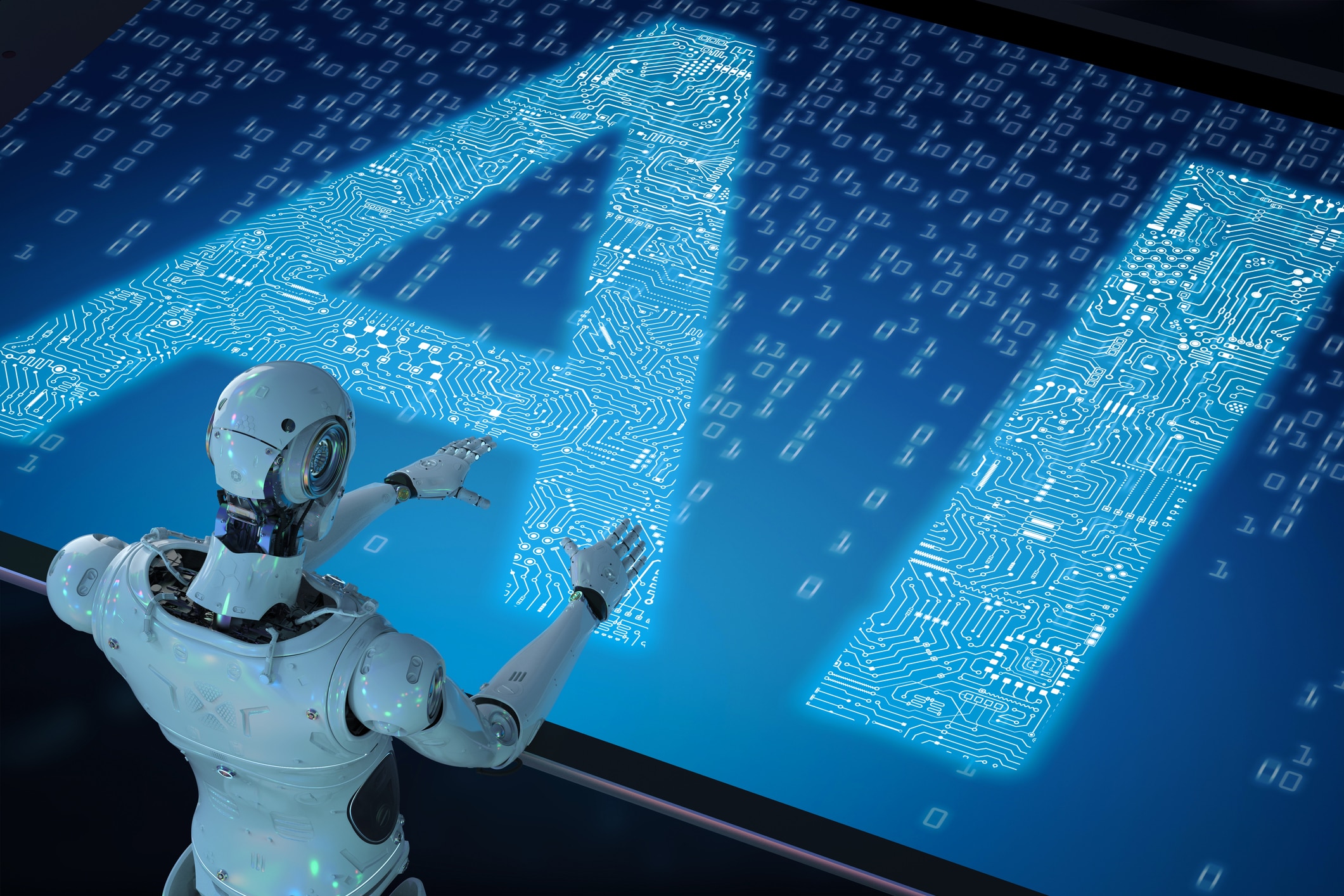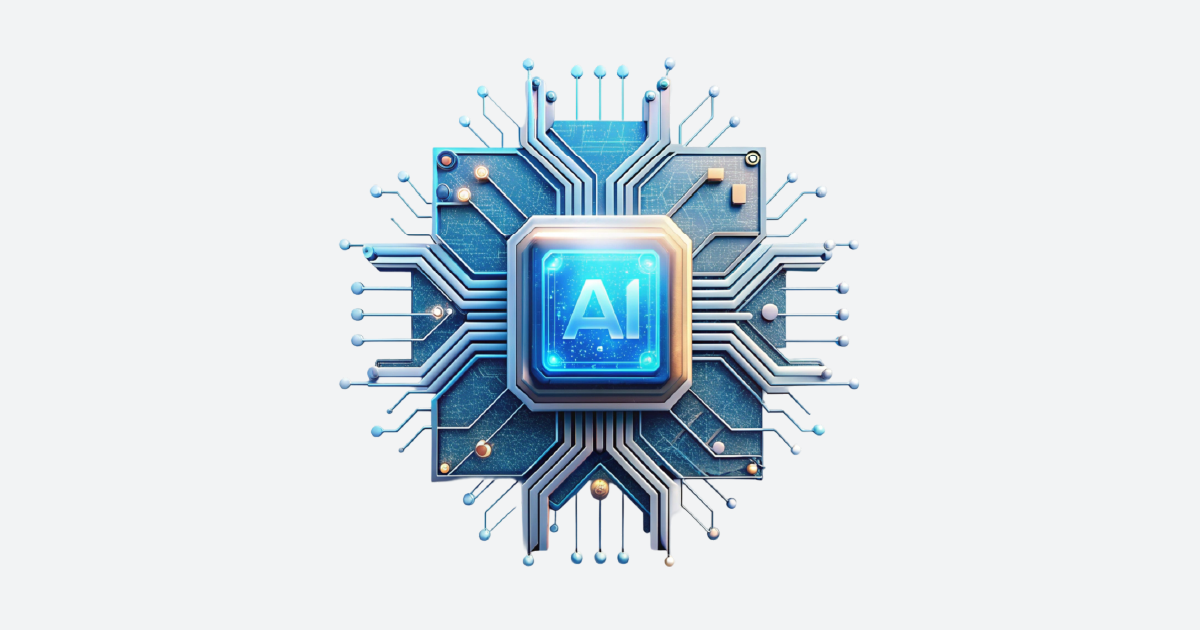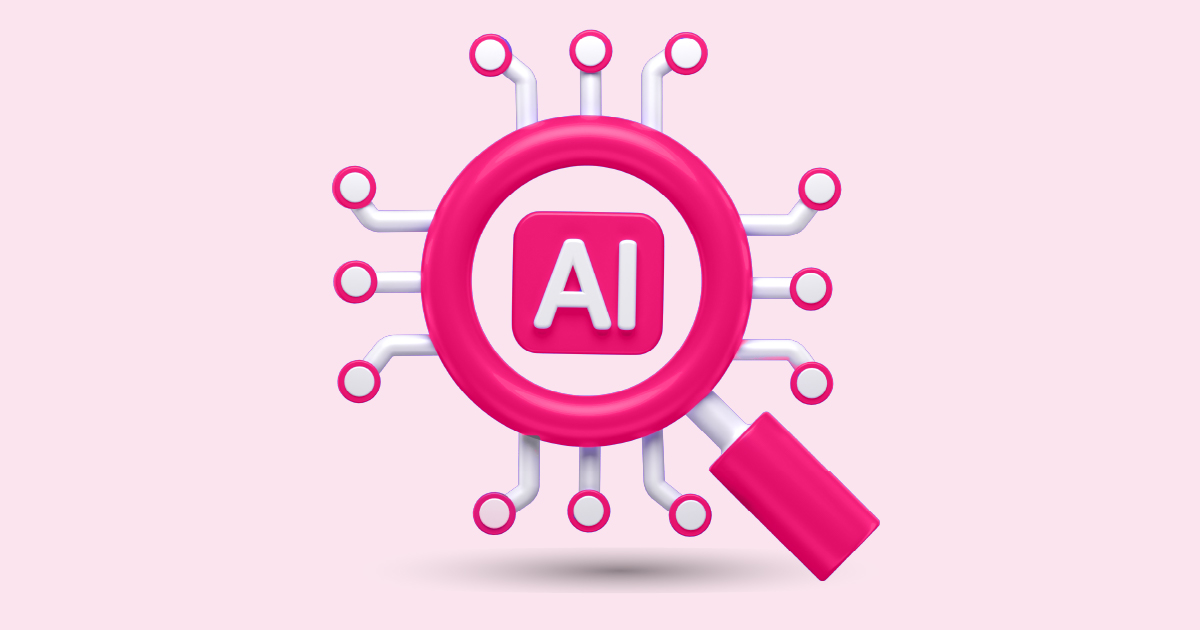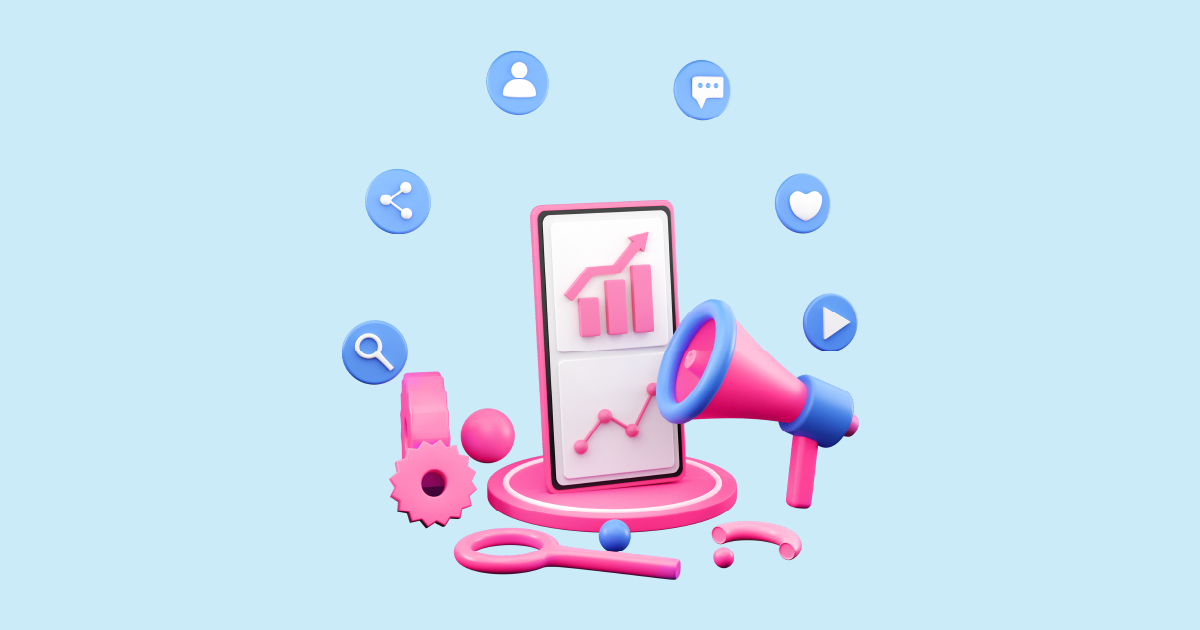Artificial Intelligence (AI) has steadily evolved over the past few decades, becoming a vital part of nearly every sector, from healthcare to finance to entertainment. As we approach 2025, AI’s role in society is only becoming more significant, with advancements that promise to revolutionize industries and reshape the way we live and work. Understanding these emerging trends is crucial for both businesses and individuals who want to stay ahead of the curve. So, what can we expect from AI in 2025? This article explores the current trends in artificial intelligence 2025, covering everything from autonomous systems and healthcare to cybersecurity and AI’s impact on the workforce. Let’s dive into the exciting possibilities that AI holds for the future.
Current Trends in Artificial Intelligence 2025: Shaping the Future of Technology

The Rise of Autonomous Systems
Autonomous systems are rapidly gaining traction, and by 2025, we expect these technologies to be more integrated into our daily lives. These systems, powered by AI, can operate independently without human intervention, making them highly valuable in various sectors.
What Are Autonomous Systems?
Autonomous systems refer to machines or devices capable of performing tasks without direct human control. These include self-driving cars, drones, and robots designed to carry out specific functions like delivery, inspection, or maintenance.
Key Industries Impacted by Autonomous Technology
- Transportation: Self-driving vehicles are set to disrupt the transportation industry, improving safety and reducing traffic congestion. By 2025, we may see more cities adopting autonomous public transport systems.
- Logistics and Delivery: Autonomous drones and robots are being used to streamline last-mile delivery, making it faster and more efficient.
- Manufacturing: Autonomous robots are already transforming factories, performing repetitive tasks with precision and efficiency.
Benefits and Challenges of Autonomous Systems
The main advantage of autonomous systems is their ability to reduce human error, increase efficiency, and lower operational costs. However, challenges such as safety concerns, regulatory hurdles, and public acceptance remain.
AI in Healthcare: Revolutionizing Diagnostics and Treatment
One of the most exciting areas where AI is making waves is healthcare. From improving diagnostics to enabling personalized treatment plans, AI has the potential to save lives and enhance the quality of care.
1. AI’s Role in Personalized Medicine
In 2025, AI will play a central role in personalized medicine, using data from patients’ genetics, lifestyle, and medical history to create tailored treatment plans. AI-powered tools can predict how patients will respond to different medications, making treatment more effective and minimizing side effects.
2. How AI is Improving Diagnostics and Treatment Accuracy
AI algorithms can analyze medical images, such as X-rays or MRIs, to detect diseases like cancer earlier than human doctors can. This leads to earlier treatment, improved outcomes, and reduced healthcare costs.
3. Predictive AI in Healthcare: Benefits and Ethical Considerations
AI models that predict disease outbreaks or individual health risks are already in use. While these tools offer significant benefits in early intervention, they also raise ethical concerns about data privacy and algorithmic biases.
The Role of Generative AI in Content Creation: The Top Current Trends in Artificial Intelligence 2025
Generative AI is making huge strides in the content creation industry. These tools can generate text, images, videos, and even music, giving businesses and creators new ways to produce high-quality content quickly.
1. Generative AI Tools for Marketing, Design, and Writing
AI-powered tools like GPT-4 and DALL·E are revolutionizing how marketers, designers, and writers create content. For example, AI can now generate blog posts, social media updates, and product descriptions in a matter of seconds, helping businesses scale their marketing efforts.
2. Advantages and Challenges of Generative AI
Generative AI helps save time, reduce costs, and enhance creativity. However, it also presents challenges like the potential for over-reliance on machines and the risk of generating content that lacks human emotion or creativity.
3. Case Studies of Businesses Using Generative AI Effectively
Companies like OpenAI and Jasper are already using generative AI to power their content creation processes. For instance, AI tools are being used to create personalized email campaigns that resonate with customers on a deeper level.
AI and Automation in the Workplace
As AI continues to develop, automation is expected to have a profound impact on the workforce. AI-powered tools and robots will increasingly take over repetitive tasks, allowing humans to focus on more strategic and creative aspects of their jobs.
1. The Rise of AI-Powered Automation in Industries
From manufacturing and logistics to customer service and HR, automation powered by AI is reshaping how businesses operate. By 2025, industries will be more reliant on AI to drive efficiency, reduce costs, and improve productivity.
2. How AI is Reshaping Jobs and Skill Requirements
While automation may eliminate some jobs, it will also create new opportunities. Workers will need to acquire new skills, such as programming, data analysis, and machine learning, to stay relevant in this changing job landscape.
3. Balancing Efficiency with Workforce Impacts
The key challenge will be to balance the benefits of AI-driven efficiency with the potential loss of jobs. Governments and businesses will need to invest in retraining and upskilling programs to help workers transition to new roles.
AI and Cybersecurity: Defending Against Advanced Threats
AI is increasingly being used to combat cybersecurity threats. With cyberattacks becoming more sophisticated, AI’s ability to detect and respond to these threats in real-time is becoming essential.
1. AI’s Role in Detecting and Responding to Cyber Threats
AI algorithms can analyze massive amounts of data to identify suspicious patterns and potential security breaches. By 2025, we can expect AI-driven cybersecurity solutions that are faster, smarter, and more adaptive than traditional methods.
2. AI-Powered Security Solutions: What’s Next?
AI-powered security solutions, such as biometric authentication, are expected to become standard in both consumer and enterprise applications. This will enhance security and protect sensitive information from cybercriminals.
3. Ethical Concerns in Using AI for Cybersecurity
While AI can help protect against cyber threats, it also raises concerns about surveillance and privacy. Striking the right balance between security and privacy will be a major challenge in the coming years.
AI in Finance: Transforming the Financial Sector
The financial sector is already benefiting from AI, particularly in areas like predictive analytics, fraud detection, and customer service. By 2025, AI is expected to play an even bigger role in transforming financial operations.
1. AI’s Role in Predictive Analytics for Investments
AI tools are increasingly being used to predict market trends and investment opportunities. These tools can analyze large datasets to identify patterns that humans might miss, offering a significant edge in financial planning and investment strategies.
2. How AI is Streamlining Banking and Customer Service
AI chatbots and virtual assistants are revolutionizing customer service in the banking sector. By 2025, AI is expected to handle more complex customer interactions, providing personalized financial advice in real-time.
3. Risks of AI in Finance and Regulation
Despite the benefits, AI in finance also poses risks, such as the potential for algorithmic bias and the lack of transparency in automated decision-making. Regulators will need to ensure that AI systems are fair and unbiased.
Human-AI Collaboration: Enhancing Creativity and Decision-Making
Rather than replacing humans, AI is expected to work alongside humans, enhancing creativity and decision-making processes.
1. The Synergy Between Human Expertise and AI Capabilities
AI is not about replacing human workers but augmenting their abilities. In fields like design, music, and filmmaking, AI can assist with tasks like idea generation or refining concepts, allowing creatives to push their boundaries.
2. How AI is Influencing Creative Fields Like Art, Music, and Film
AI tools are already being used to create music, paintings, and even entire films. These tools assist artists by offering suggestions, generating inspiration, or refining their work.
3. Real-World Applications in Businesses Leveraging Human-AI Collaboration
Companies are already leveraging AI-human collaboration in areas like marketing, customer service, and product design. By 2025, we can expect this trend to grow, with AI becoming an integral part of the creative process in many industries.
AI for Climate Change and Environmental Sustainability
The current trends in artificial intelligence 2025 is also making a significant impact in the fight against climate change. From improving energy efficiency to tracking environmental changes, AI is helping to create more sustainable solutions.
1. How AI is Helping to Monitor and Combat Climate Change
AI tools are used to track environmental changes, predict natural disasters, and optimize energy use. This can help businesses and governments make more informed decisions about environmental protection and resource management.
2. AI in Renewable Energy Systems and Environmental Monitoring
AI is used to optimize renewable energy production, ensuring that solar and wind farms operate efficiently. Additionally, AI is helping environmental organizations monitor and analyze climate data to improve sustainability practices.
3. Case Studies of AI-Driven Environmental Solutions
From reducing carbon emissions to improving waste management, AI-driven solutions are already making a difference. For example, AI is used in smart grids to manage electricity usage more efficiently and reduce waste.
Conclusion
The current trends in artificial intelligence 2025 is set to reshape nearly every industry. From autonomous systems and healthcare to cybersecurity and creative industries, the trends emerging today will continue to evolve and expand. The key will be to harness the power of AI in ways that are ethical, transparent, and beneficial to society as a whole. Whether you’re a business leader, a worker, or a consumer, staying informed about these trends will ensure you’re prepared for the future of AI.
If you’re looking to implement cutting-edge AI solutions in your business, consider exploring the powerful tools offered by AIM Technologies. Our AI-powered solutions are designed to help you stay ahead of the curve, optimize your operations, and unlock new growth opportunities. Request a demo today to see how AIM Technologies can transform your business with the latest AI innovations.




